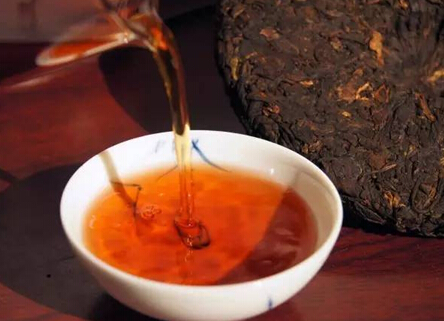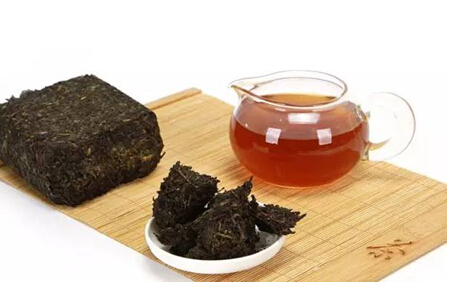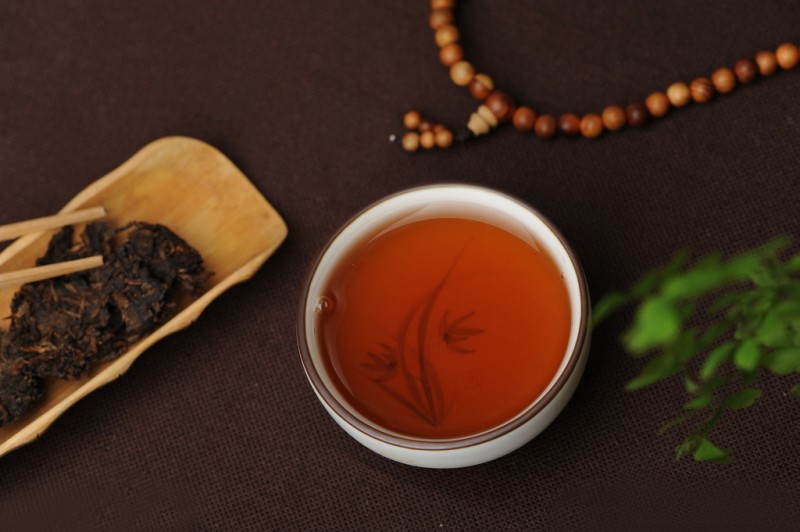
Black tea belongs to the post-fermented tea category. Its unique processing, especially the involvement of microorganisms, gives it special medicinal properties. It is rich in tea polysaccharides, which the medical community believes can regulate sugar metabolism (preventing diabetes), lower blood lipids and blood pressure, prevent blood clotting and thrombosis, and improve immunity. Clinical trials have proven that black tea has significant unique effects that cannot be replaced by other types of tea.
To put it simply, black tea can quench thirst, combat radiation and cancer, reduce lipids and aid weight loss, delay aging, lower cholesterol, and even enhance the sensitivity of brain central nervous activity, improving thinking ability.
Considering these benefits, it is particularly suitable for middle-aged and elderly people.

Centuries of history have proven that it is a life-sustaining drink for herders in border regions. "Rather go three days without food than one day without tea"—this is a testament to the unique medicinal effects of black tea. Nowadays, with changes in lifestyle and dietary habits, people consume more fatty foods and dairy products, making it increasingly necessary to drink black tea. Young people should also drink it more often, especially those who love oily foods but are worried about gaining weight.
Moreover, black tea contains relatively rich nutritional components, providing strong dietary supplementation. The caffeine in black tea stimulates the bladder, which not only helps with diuresis but also aids in sobering up and detoxifying alcohol.

In the chilly winter wind, can you find a more suitable drink than this?